24/7 Helpline:
(866) 899-111424/7 Helpline:
(866) 899-1114
Learn more about Opioid Rehab centers in Marion County
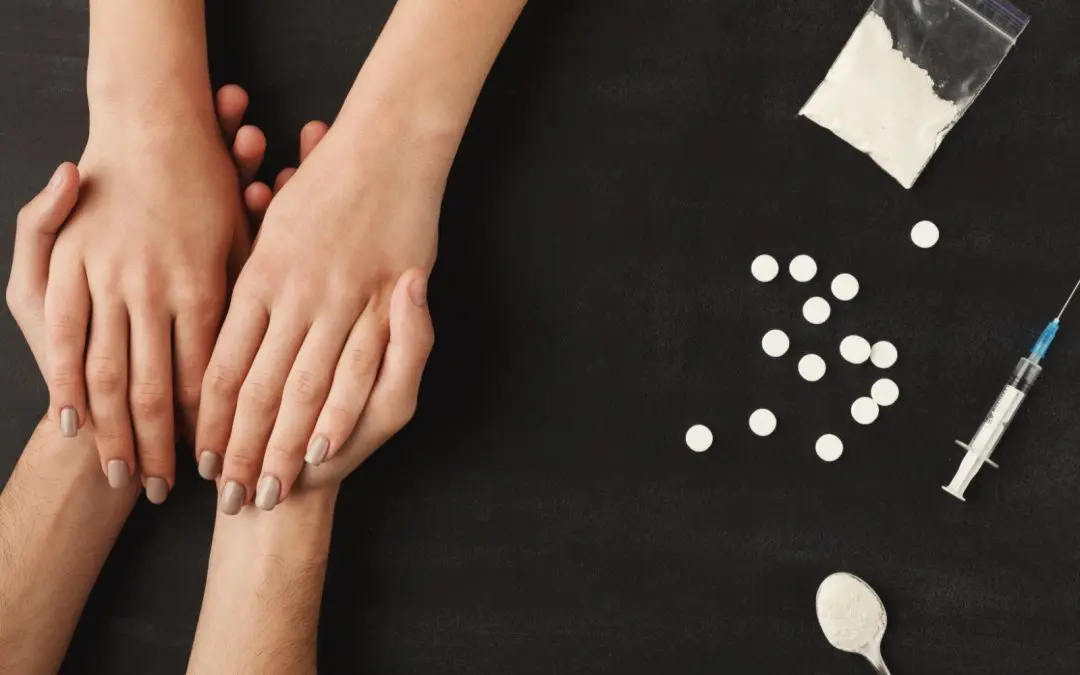

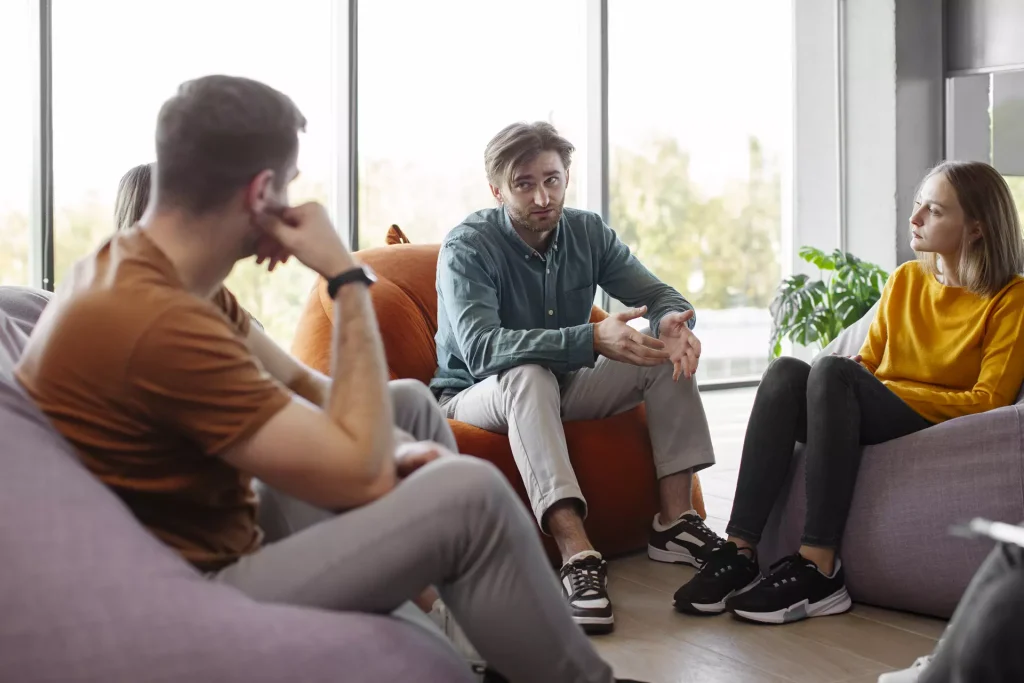
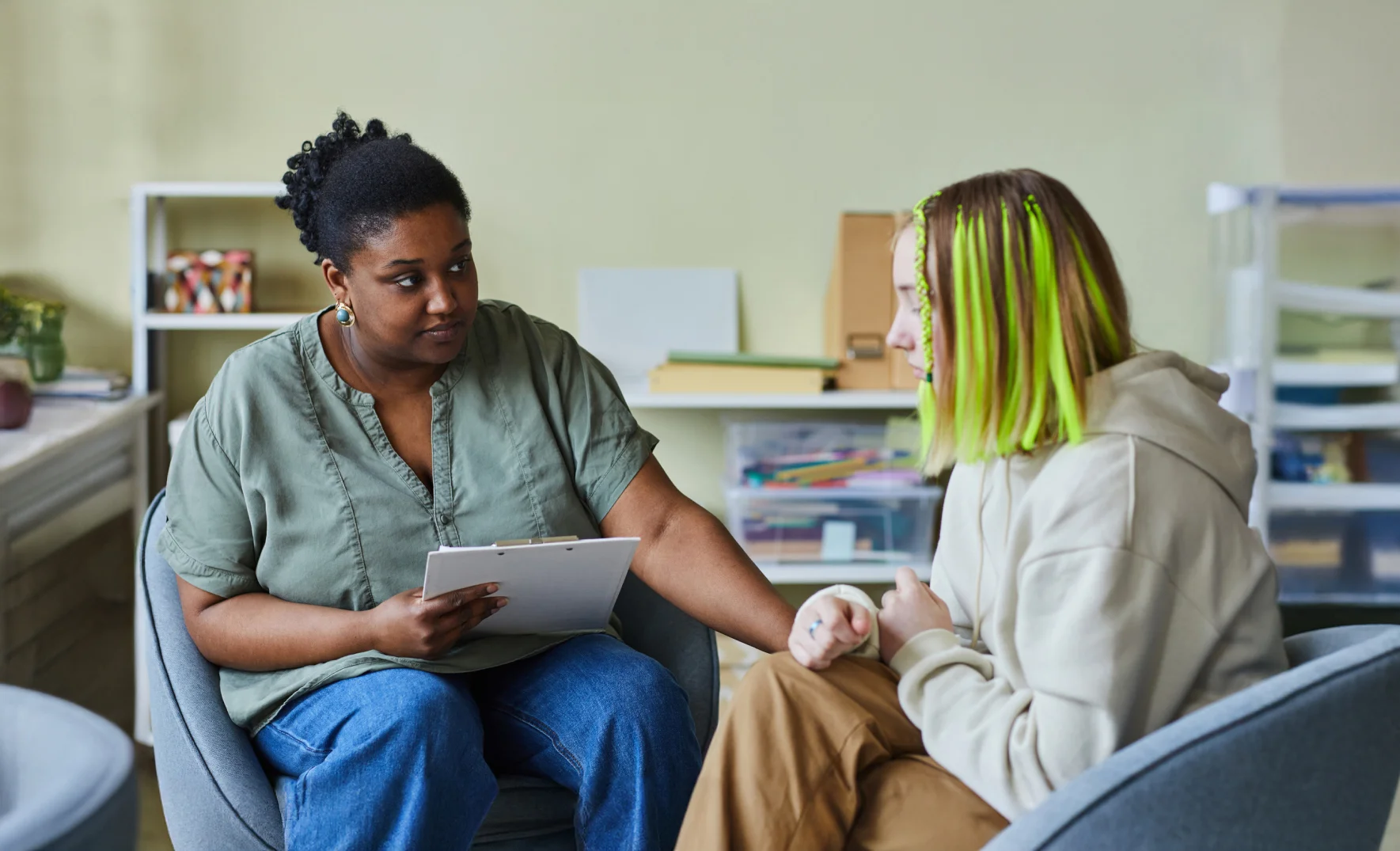


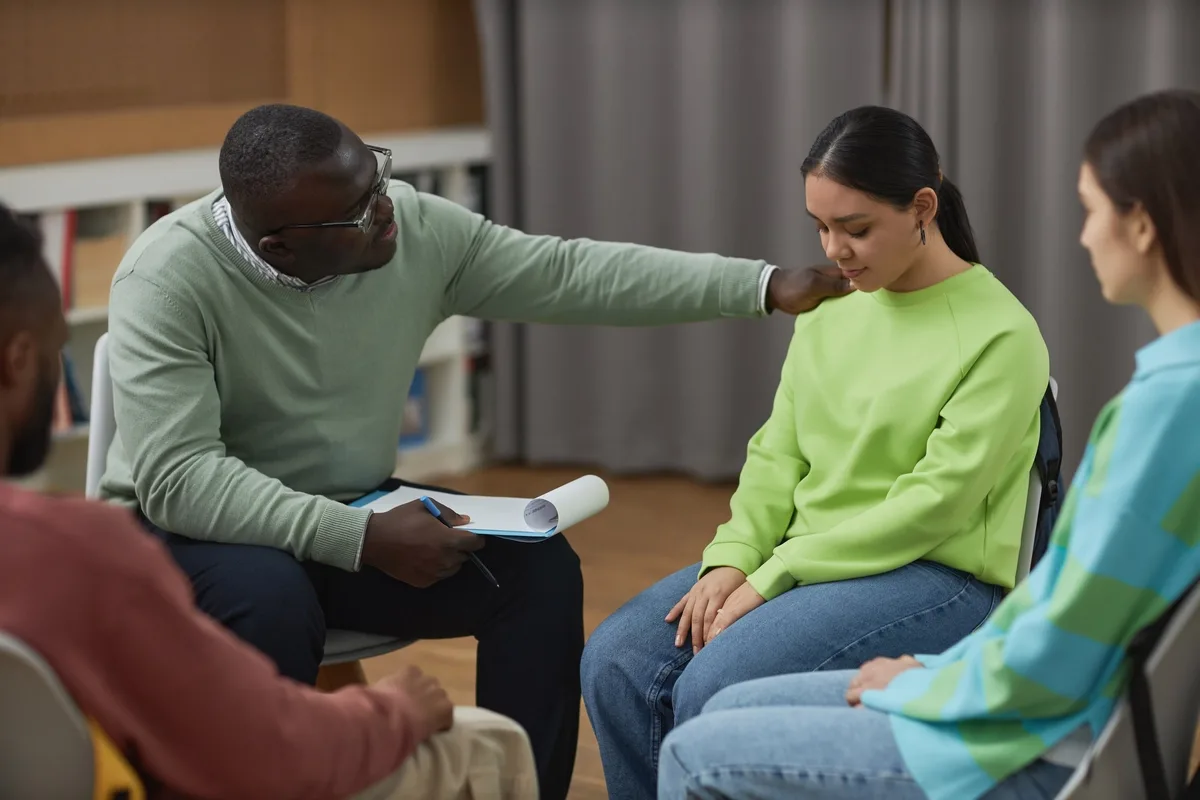

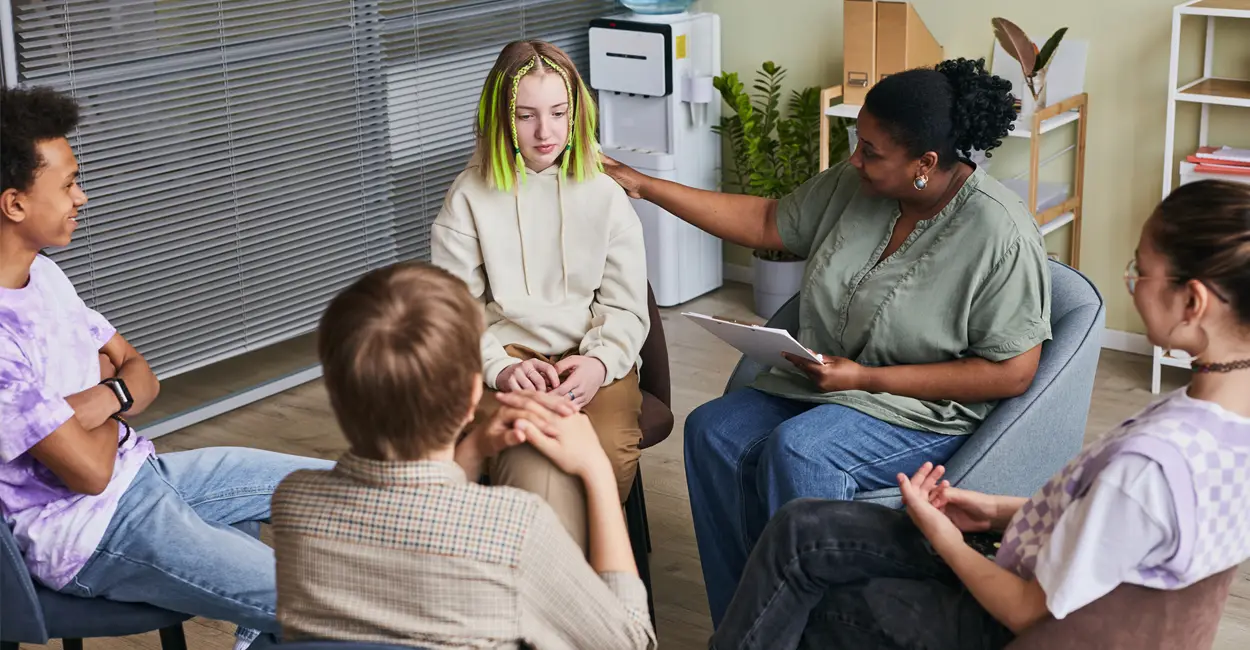









































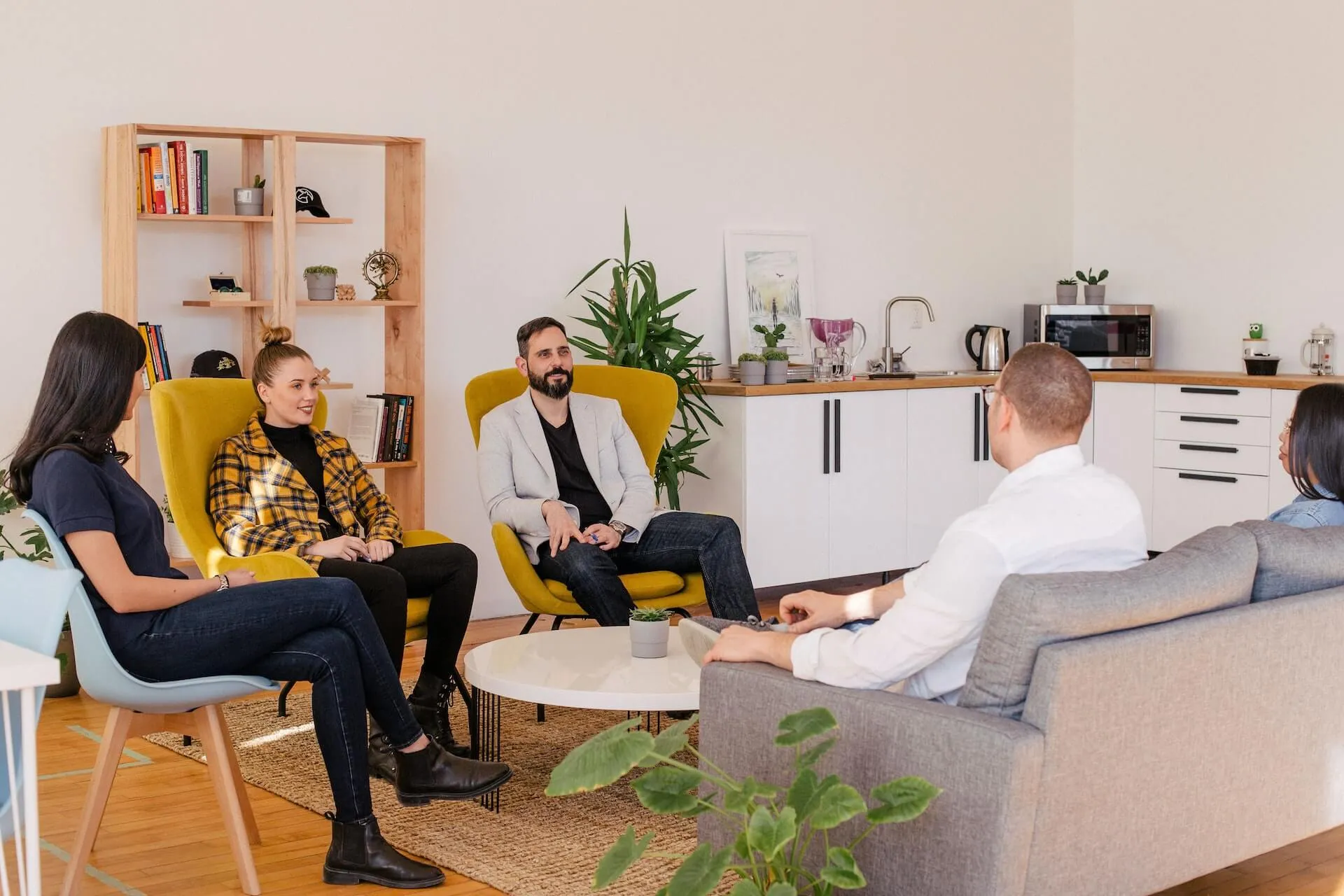
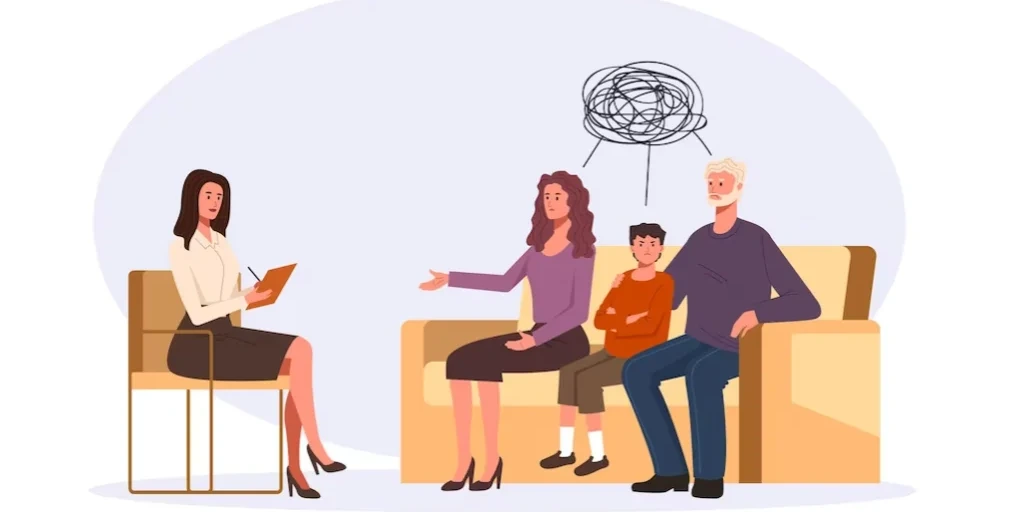


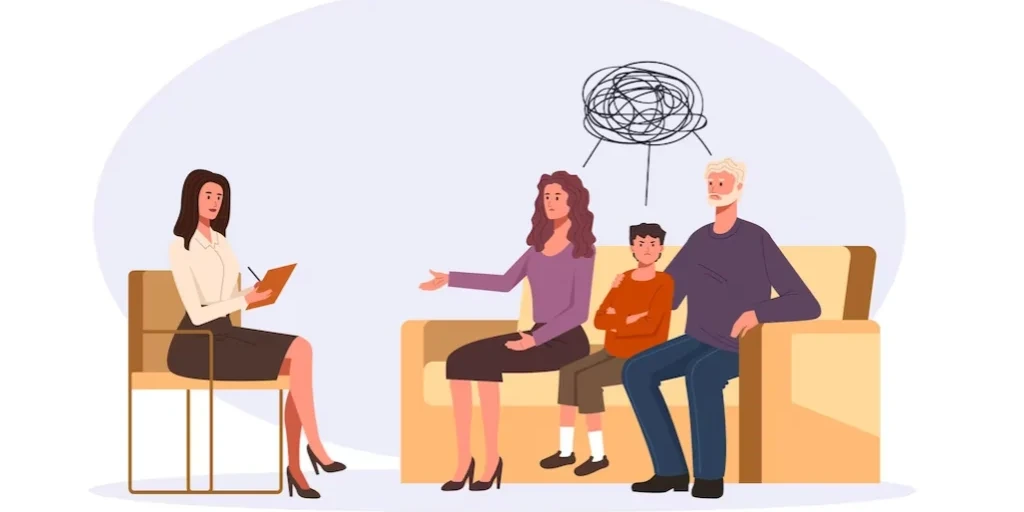

Other Insurance Options

Magellan

Covered California

Multiplan

Premera

PHCS Network

Choice Care Network

WellPoint

Optima

Access to Recovery (ATR) Voucher

Self-pay options

Sliding scale payment assistance

Private insurance

Health Choice

Ambetter

CareFirst

Carleon

Oxford

Lucent

Horizon Healthcare Service

Regence